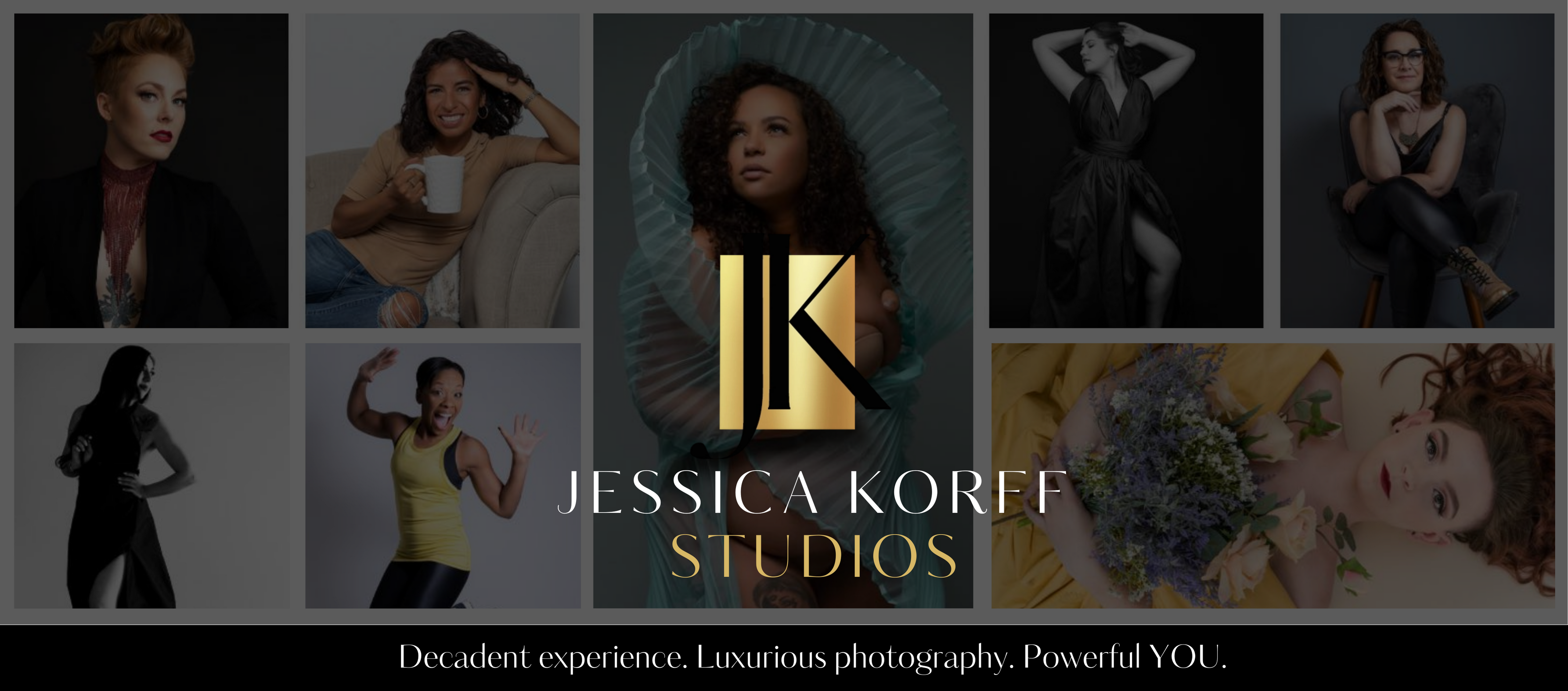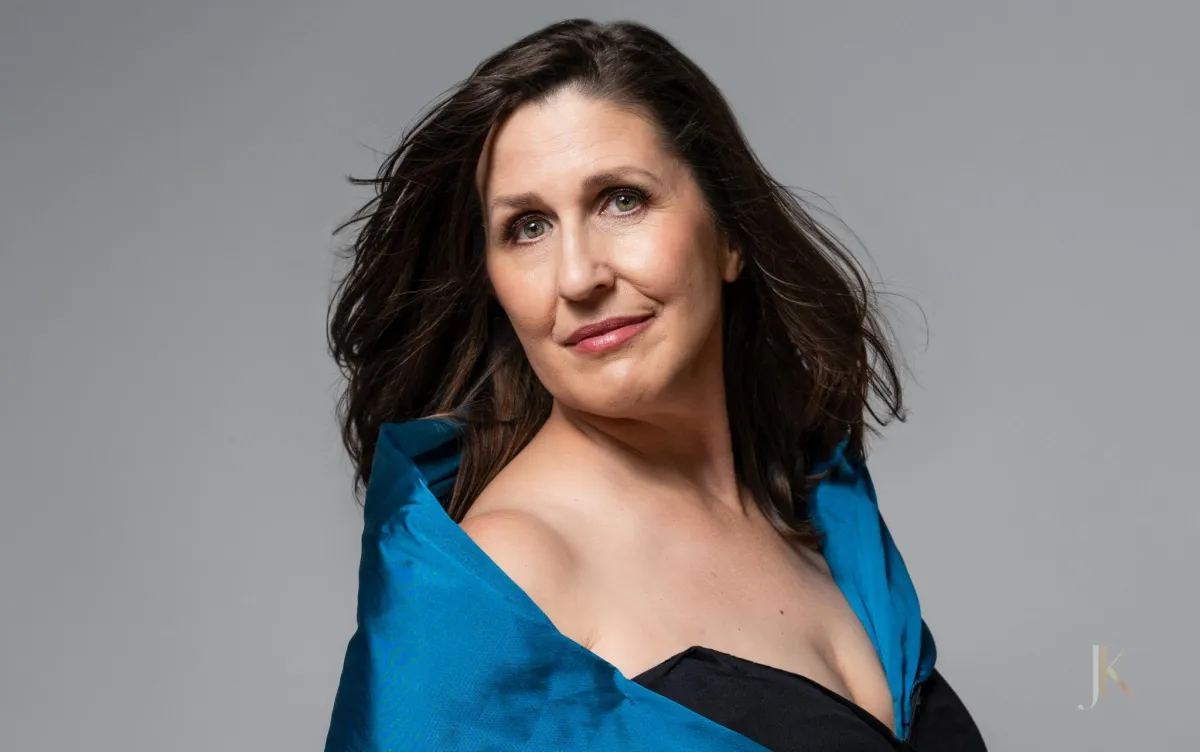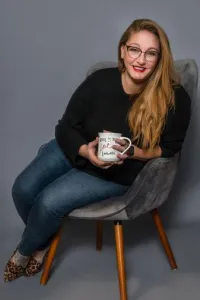
Blog

The Art of Yael | The Art of Her Project
The Art of Yael | The Art of Her Project
In a world that often struggles to find the right words to describe resilience, many of the stories from The Art of Her project stand as a light of hope and the incredible abilities of the human spirit.
In this particular interview, Yael, a self-leadership coach, former psychiatrist, and educator, shares her journey through a life marked by profound challenges and extraordinary triumphs. Her narrative isn't just a chronicle of overcoming adversity; it's a celebration of the strength and compassion she has cultivated along the way. Yael's story unfolds like a tapestry of human experience, truly rich with wisdom and insight. As a mother, grandmother, and a guiding light to many, her words offer a powerful reminder of our capacity for healing, growth, and the relentless pursuit of a life filled with love, connection, and purpose.
This is the Art of Yael.
This is the Art of Her.

Interview with Yael Dubin
Jessica: Tell us about you, The woman.
Yael: I'm a former psychiatrist, former college educator, and currently I'm a Self-leadership coach.
I'm a wife, mother, mother-in-law, bonus mom, grandmother, friend, sister.
One of the most formative things was that growing up, my mom owned a tavern. It connected to our house by swinging door in our kitchen. That was where I honed my observation skills and learned so much about human suffering.
Coaching allows me to use my skills in a super unique way.
Jessica: Tells us about Your Story.
Yael: I was adopted into a chaotic, violent, alcoholic family. If you're familiar with the ACES score, mine is nine. Fairly early on in middle school, I became determined to heal from all of that.
I believed that if I were to walk a healing path that I could make that path easier to follow for other people. People I might never meet, but who would somehow as if by magic know that they, too could heal.
As a reader, I knew that someone else had written the first few chapters of my life for me, but I could write the rest.
Progress toward writing a better story went in fits and starts. It's been a slow and steady healing journey. Punctuated by more traumas that wrought an even deeper level of healing.
For example, when my adoptive mom died of alcoholic liver disease. I was 27 years old, pregnant with my second child, and in the middle of my psychiatry residency.
Or the time I was assaulted by a former client.
Or five years after that sexual assault. My former spouse turned that story around, to gain an unfair advantage in a child custody dispute.
Or again in 2011, when my 18 year old niece was murdered by a family friend who had become obsessed with her.
Each of these traumas initially set me back in my healing journey. But by using every spiritual and personal growth tool in my arsenal, I have become stronger, wiser. And somehow kinder and more compassionate.
Jessica: Tell me about a specific experience as it surrounds your story of what you had to endure or work through as you pushed to rise?
Yael: There were so many horrible moments stretched out over nearly two decades. But what I want to focus on is the most touching, beautiful moments of all.
The day my name was in the newspaper, and a coworker brought tea to my desk.
The day I learned my niece died, and my seminary made it possible for me to travel to Chicago for her funeral.
The day I told my story on Facebook, and received over 100 supportive comments in response.
Jessica: What surprised you about yourself?
Yael: What surprised me about myself through it all was my ability to seek and find possibility for the good.
Of course, I had my absolutely, pessimistic, moments, too. I've definitely waded around in the pit of despair. Especially after my niece's murder.
But I have so far never allowed trauma, heartache, or violence to have the last word.
Jessica: What surprised you about others as it is connected to your event?
Yael: What has surprised me most about others? The variety of responses I’ve received when I encounter each of these traumas.
Some people have respond with judgment, disbelief, or gas lighting. Other people have responded with compassion, warmth and support. It used to confuse me. Eventually, I learned that their responses say more about them than it does about me.
What I've started doing is seeking out supportive people. Because, I know that whether or not people can support me in those moments is 100% based on whether they’re emotionally supportive.

Jessica: Do you feel being a woman had any significant bearing on this event? How so?
Yael: Absolutely! Showing up on Earth in a female body makes it far more likely that you’ll be sexually abused in childhood or raped in adulthood. It’s a statistical fact.
And given that it’s a statistical fact, it’s even more surprising that so many women are doubted when they finally gather the courage to speak out.
Being born into a female body also has something to do with why, in so many instances, I was expected to provide others with caregiving rather than receive the caregiving I needed.
Jessica: What would you say you learned about yourself or others during or since this event?
Yael: What I have learned is that each person has a choice in each moment about who and how we want to be. We have the capacity to continue shifting the arc of our personal stories for the better. And sadly, most people don't take advantage of that.
Jessica: How would you describe the difference in you?
Yael: The traumas and losses I’ve experienced throughout my life have pounded me. sort of like a meat tenderizer. I'm not as tough as I used to be at one point, but I'm a whole lot stronger!
Jessica: What do you value now?
Yael: As an adoptee, the trauma began at birth when I was taken from my first mother. And I had a childhood that even in middle school I would not have wished on an enemy.
But maybe because of the trauma I've experienced, I value growth, authenticity, service and kindness above all else.
Jessica: What is the one piece of advice would you give your younger self?
Yael: I'd tell her that the way people treat her says more about them than it does her. My younger self needed to find supportive people a LOT sooner than she did.
Jessica: What would you say has helped you along your healing journey?
Yael: My faith in God has been the cornerstone of my healing journey. I believe that divine healing is perpetually available to each of us, all we have to do is open to it,
The other thing that's been helpful to me on my healing journey is my faith in human potential.
Humans are clearly capable of great evil, but we're also capable of great goodness as well.
Now, I seek out the people who are busy working on becoming the best possible versions of themselves.
Jessica: What is your story of now?
Yael: My story of now is a story of love, connection, continued healing and growth. The traumas and losses have carved me deeply. They've left me with a lot of space for joy, love, and connection where the pain used to be.
Jessica: How would you like people to describe you or see you? Why?
Yael: I'd like people to describe me as resilient, kind, and compassionate. As someone who walks her talk. And as a highly competent Self-leadership coach who can help them on their healing journeys as well.
Jessica: When in your life, so far, have you felt most confident and why?
Yael: I am my most self-confident right now.
I've been tried and tested. I know who I am when the chips are down. I know that I'll likely get knocked down a few more times in my life, because it would be silly to think otherwise.
Because of that, I have confidence in my capacity to get back up again.
Jessica: Describe when have you felt most attractive.
Yael: So the question of being attractive, that's a complicated one for me. because At its root, being attractive means you draw other people to you.
I have rarely felt physically attractive.
But we could talk about how I see beauty.
I felt the most beautiful when I was pregnant. It was amazing to recognize that my body was capable of bringing life into the world.
I feel the most beautiful when I’m seen as whole and worthy and capable, despite all that I've been through.
I also feel beautiful when I’m in a space of deep connection with another person, and I stop worrying about how I look.
Jessica: Have your perceptions of what being ‘attractive’ means changed over time? What do you define as attractive now?
Yael: Beauty is a quality that comes from deep within a person and radiates outward. Beauty is a quality of your soul. It is a quality of aligning with the best and the most divine within you.
That kind of attractiveness is about the lure of what is most authentic and enduring in a person.

Jessica: What is the ongoing challenge you face?
Yael: The ongoing challenge I face is accepting the goodness that is present right this moment. If you've been through enough hard times, happiness can actually feel uncomfortable. So easing into that, that's been my challenge.
Jessica: It would be really interesting to hear about any ambitions you have for the future.
Yael: My future ambitions involve two things. One is to continue my healing journey on the path of partnership with my husband. Matt.
The path of partnership is something I talk about a lot as a coach. It’s the idea that our deepest healing occurs in the context of our closest relationships. .
The second ambition , is to grow my Self-leadership coaching business. I LOVE supporting other women in their healing journeys. And sharing my treasure trove of personal, professional, and spiritual growth tools.
It's an honor to accompany someone on their growth journey, and I’d love to do a whole lot more of that!
Jessica: Do you believe growing up female affected these ambitions?
Yael: Growing up female affected these ambitions greatly! I wouldn't have suffered the exact same traumas had I been male. Nor would I have had the ridiculous expectations to care for others instead of myself while I was in the aftermath of trauma.
Jessica: Are there any myths you would like to bust about growing up as a female?
Yael: One of the myths is that all females have been raised to become wives and mothers. Or that softness and vulnerability were not only demanded of us but safe for us.
That was not the case for me.
The mother who raised me owned a tavern and was tough as nails. She expected me to also be tough as nails, too.
She raised me to hide my emotions, keep a stiff upper lip, and never depend on anyone.
She expected me to grow up, get a job, and provide for myself and my family.
Imagine my surprise when I left home! Whole swaths of society expected me to play small, feel less than, and keep my head down!
That was a shock!
Jessica: What do you wish other women or young girls knew about themselves?
Yael: Here’s what I wish women knew about themselves. And this is something that occurred to me as I was raising my daughter.
At seven or eight, all little girls know that they just kind of have it together. A lot of girls at this age get called “bossy” as a result. They’re very organized, they're very competent, and they’re very confident.
A lot of girls at this age get called “bossy." I suspect that’s because they kind of know they ought to be in charge of things.
I only wish they kept that through adolescence and beyond.
Jessica: If you could talk to advertisers right now about advertising to women, what advice would you give them?
Yael: I wish they'd stop advertising to the women they wish we were and advertise to the women we actually are.
I wish they'd stop advertising cleaning products to women. Those ads make it harder for us to transcend limiting gender expectations as a society.
Women are complex. women want families and professional success.
Many of us want to leave our mark on the bigger world EXACTLY like many men want. And we don’t want to be expected to sacrifice our family life in exchange for that.
We also want to make a huge difference in the lives of people closest to us, our spouses and our children. And. We don’t want to sacrifice professional fulfillment for the sake of relationships.
So, advertisers, when you advertise to us: please stop putting us in the gender-normative box that no longer works.
Creative Credits:
Photography by Jessica Korff Studios
Makeup by: Renee Lanz | Radiate with ReneeJ
Dress Draping: Dresses draped and created by: Jessica Korff
